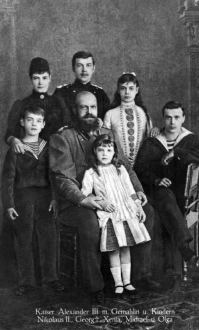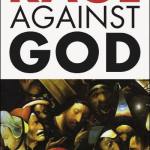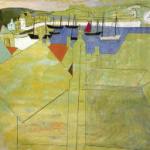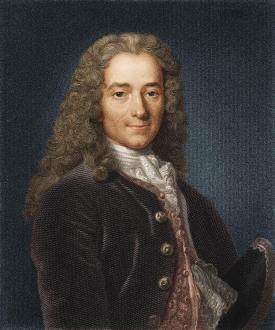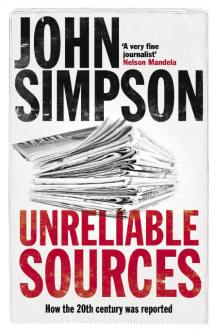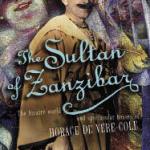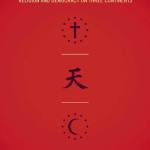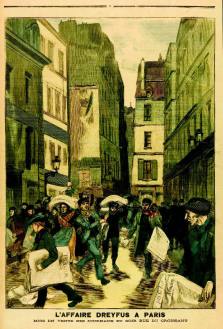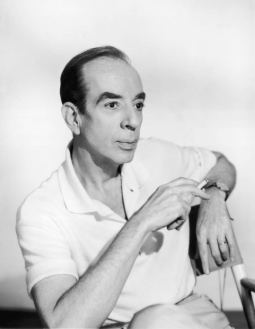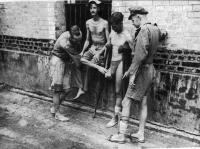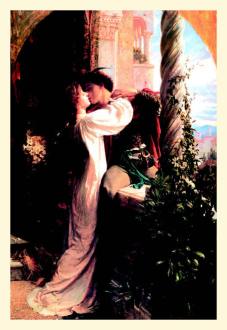The map turns red
Norman Stone forsook the chair of modern history at Oxford university for Ankara after realising that the ‘conversation at high tables would generally have made the exchanges in the bus- stop in the rain outside seem exhilarating’. Norman Stone forsook the chair of modern history at Oxford university for Ankara after realising that the ‘conversation at high tables would generally have made the exchanges in the bus- stop in the rain outside seem exhilarating’. Dur- ing an earlier incarnation at Cambridge, Stone taught a galaxy of historians. His protégés include David Blackbourn, Harald James and Richard Overy, followed by Niall Ferguson and Andrew Roberts, all bar two now working at



